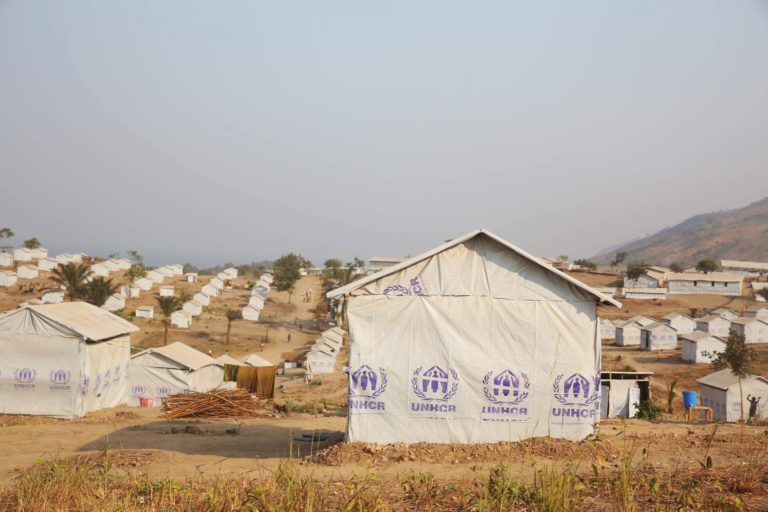by Robin Gericke, Managing Editor
Refugees flee persecution and warfare in their home countries, only to face bombing, brutal weather and worsening conditions in refugee camps.
A Nigerian fighter jet accidentally bombed a refugee camp in Rann, Nigeria on Jan. 17. According to an article in the New York Times, the Nigerian military was searching for Boko Haram members and believed that fighters were gathering to attack a military post. The air force launched a bombing strike, but their geographic coordinates were incorrect. They struck the government-run camp of over 20,000 refugees instead. Doctors without Borders reported that its teams counted 52 dead and 200 wounded in the attacks. With the unlikelihood of immediate evacuation, relief workers expected many wounded victims to die overnight.
Dr. Jean-Clément Cabrol, the director of operations for Doctors Without Borders, called for medical evacuations for survivors. “This large-scale attack on vulnerable people who have already fled from extreme violence is shocking and unacceptable,” she told The New York Times.
In Europe, refugees face chilling temperatures and brutal weather conditions. CNN reported that the freezing temperatures sweeping across Europe have led to death and cases of hypothermia for dozens of refugees. The Moria refugee camp houses over 4,000 people on the Greek island of Lesbos. Greek locals told CNN that this is the worst winter the island has seen in over 15 years, and the refugees are living in tents and are ill-equipped for the cold.
“Many of [the refugees] are sick and getting sicker with flu and different infections because of the conditions,” Lesbos resident Philippa Kempson said in an interview with NPR.
[perfectpullquote align=”right” cite=”” link=”” color=”” class=”” size=””]A Nigerian fighter jet accidentally bombed a refugee camp in Rann, Nigeria on Jan. 17.[/perfectpullquote]
As conditions worsen, refugees also face longer stays in refugee camps as Germany, once Europe’s most welcoming country, increases deportations and rejections of refugees. The number of asylum seekers in 2016 declined as the rate of rejections increased. The New York Times reported that 890,000 migrants entered Germany in 2015 but only 280,000 arrived in 2016. The number of refugees that were deported or left Germany in 2016 was 80,000, twice as many as in 2015. Although Germany Chancellor Angela Merkel said in 2015 that she had “no limit” to her country’s acceptance of refugees, she has since proposed new background checks, electronic monitoring and more deportations of migrants.
The plight of refugees has no simple solution. Abeer Albadawi, a Syrian refugee staying in Greece, decided to continue to Germany despite having a job as a translator. Four days after arriving in Germany, an asylum seeker drove a cargo truck through a crowded Berlin market, killing 12 in a terrorist attack. Abeer fears the backlash against refugees. She told Time Magazine that she wonders if she should have stayed in Greece. “Maybe they don’t have opportunities there,” she said. “But at least they were friendly to the refugees. Here no one even smiles at us.”




